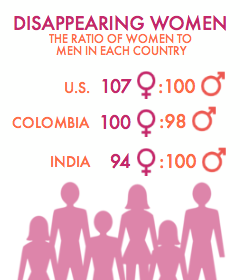
Email: priscilla@africansolutions.org
Phone: 27.021.788.2642
Geography: Africa
Founded: 2003
Address:156 Main Road
Cape Town
South Africa
About African Solutions to African Problems (ASAP)
African Solutions to African Problems (ASAP) supports grassroots organizations of women running drop-in centres for orphans and children made vulnerable by AIDS in South Africa.
Since 2003 ASAP has contributed to about 700 women caring for over 15,000 children with nutrition and broad-based care, with access to education, health services and social welfare.
As ASAP empowers smaller organizations to meet the challenges of governance, accountability, and organizational development, Africa will see stronger and more sustainable programmes emerge.
The ASAP 6-Year Model
ASAP is implementing the ASAP 6-year Model that develops and strengthens informal groups into mature community-based organizations of women, capable of giving comprehensive care to the vulnerable children within their communities.
ASAP believes in the value of home-grown solutions and that sustainable development begins with people and the ownership and realization of their ideas. Any change and intervention must stand in organic relationship to what the people on the ground are already doing.
By encouraging them to develop their own models of care, in conjunction with the services that ASAP provides in the drop-in centres, these organizations and their networks of women are able to scale up and replicate to feed, clothe and educate children. Listening and understanding, encouraging and focusing on strengths, responding and supporting appropriately have all helped ASAP to develop, practice and refine our intervention.
Reports from teachers, children, community members and caregivers indicate increased school attendance and improved health and nutrition of the children ASAP serves.
Issues
ASAP advocates for:
- child rights,
- women’s rights,
- improved health care and social services in rural areas, and
- literacy and libraries in public schools.